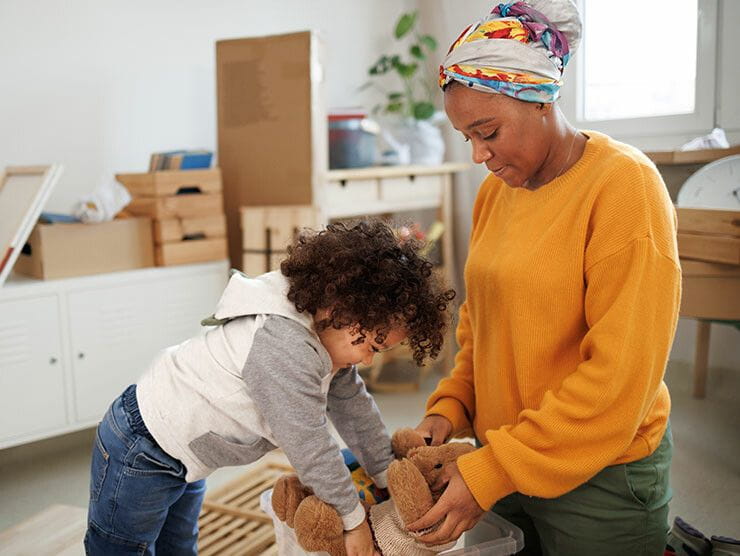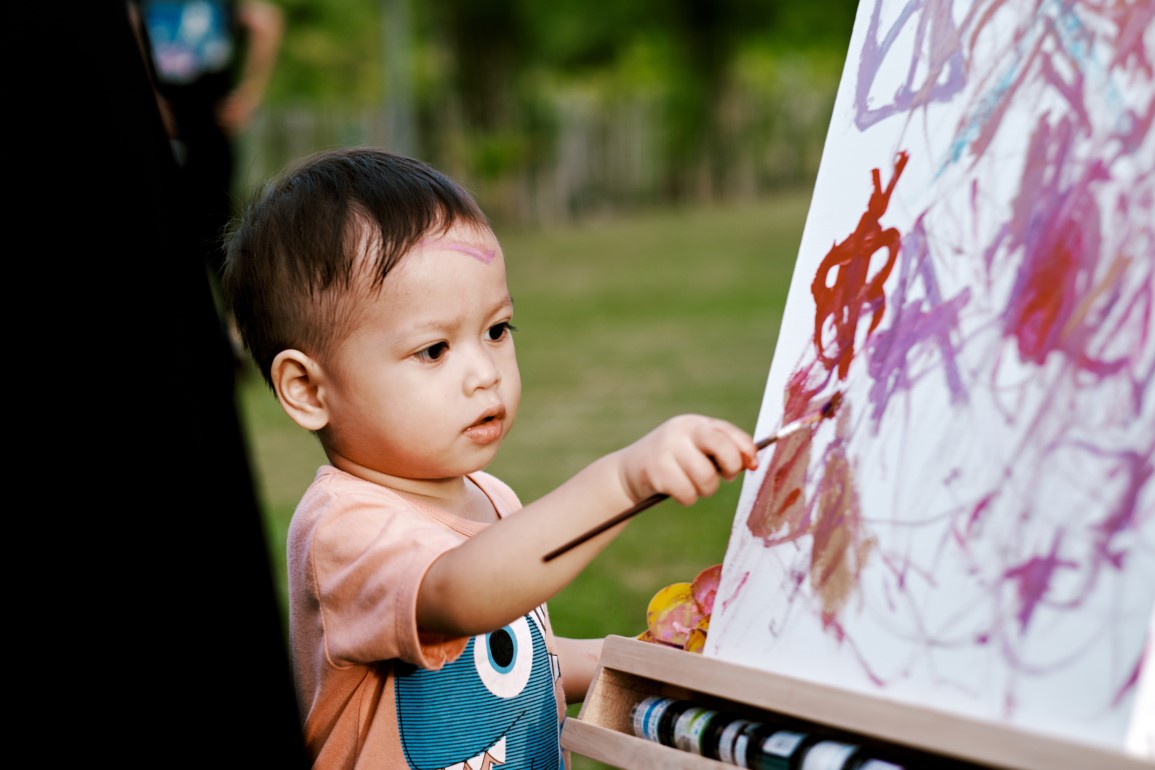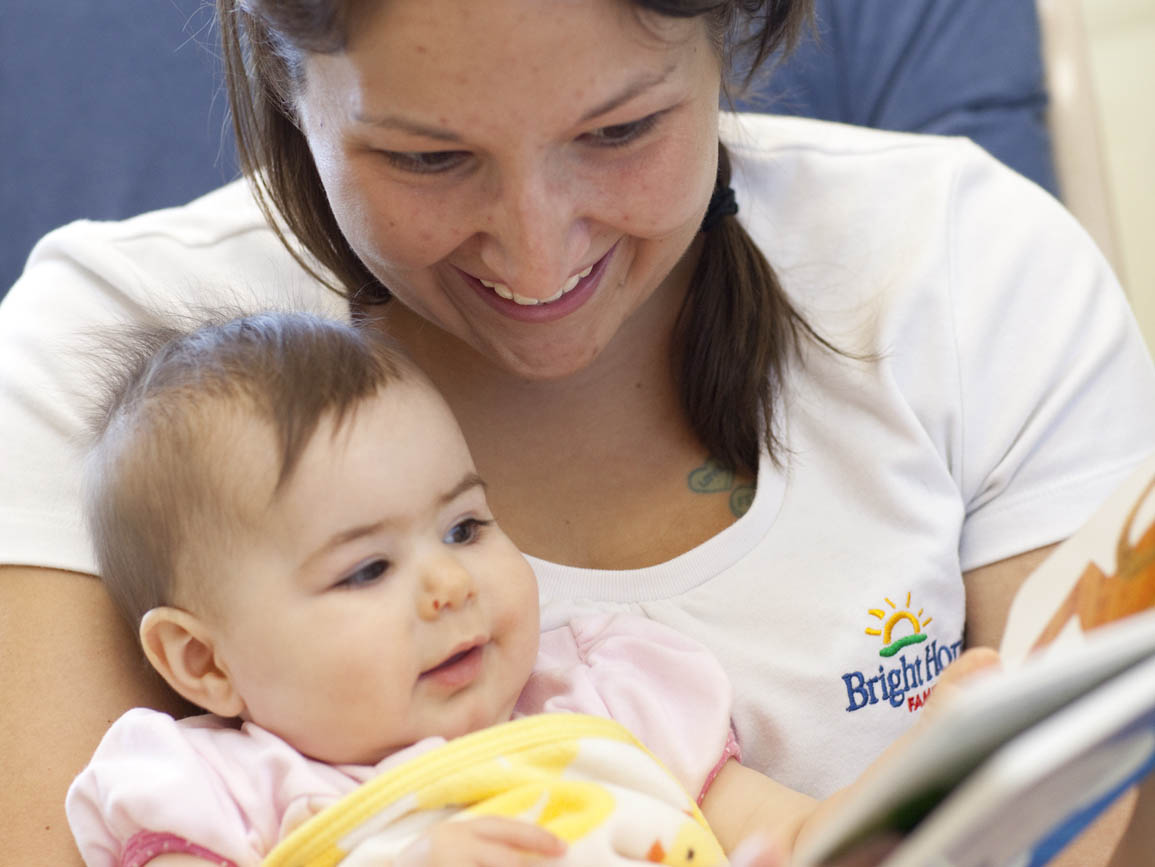Why are Routines Important?
Imagine visiting a new planet where you know nothing about the culture, expectations, or daily life. Even your body seems new and mysterious. To some extent, this is what young children experience every day, which is why children love familiar faces, surroundings, and objects.
Daily routines offer an anchor to children -- a sense of stability and predictability in a sometimes overwhelming world. Routines can be flexible (which helps children develop adaptability and resilience), but they should typically be something children can count on most of the time.
Routines for Each Age Group
Infants
Routines teach babies that the world and the people in it are safe and that their basic needs will be met. Consistent routines help babies develop loving bonds with caregivers and give them the confidence to begin exploring their world. Develop flexible but predictable routines for feeding, sleeping, and playing. Offer comforting, playful rituals that encourage connection, such as a bath and stories before bedtime or a walk after dinner.
Toddlers
Routines for toddlers build on the foundation laid in infancy. Toddlers are still mastering their bodies, their language, and their emotions. Predictable routines provide safety and security during this period of big growth. Begin to build choice into routines to support your toddler’s burgeoning sense of independence. Let your toddler choose between two outfits each morning or pick a snack to take to school.
Preschool
Preschoolers feel more confident and can generally handle more change, but they still appreciate knowing what to expect each day. Include your child in developing routines and find ways to build their independence. For example, preschoolers can choose a story each night or pick up toys before bedtime. They can help wash produce for dinner or take plates from the table to the sink. These predictable routines give preschoolers a sense of mastery as they teach skills and build confidence and independence.
Routines are the daily activities and events that your family relies on to run smoothly. They may change over time, but they are an important part of creating a sense of safety and predictability for your child.





